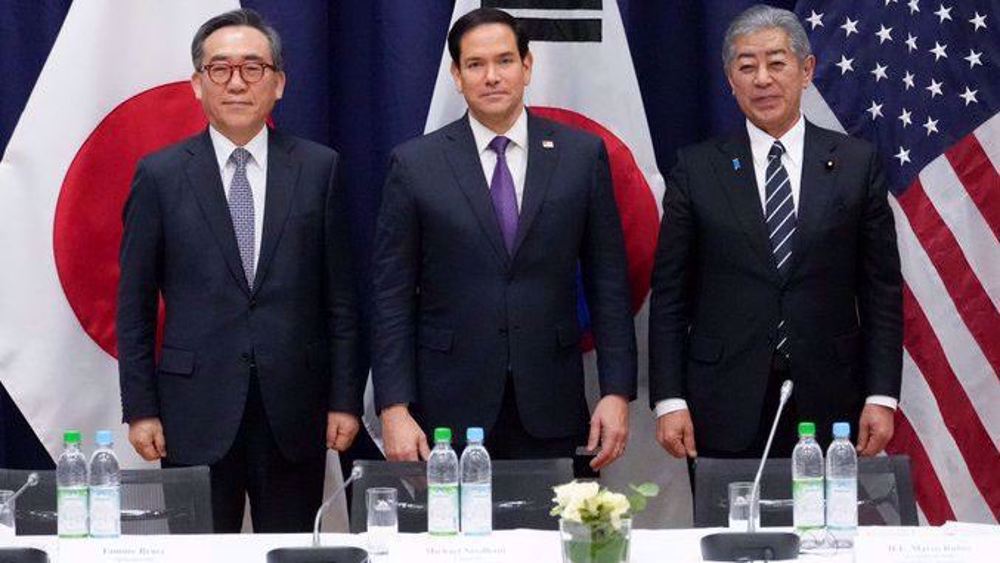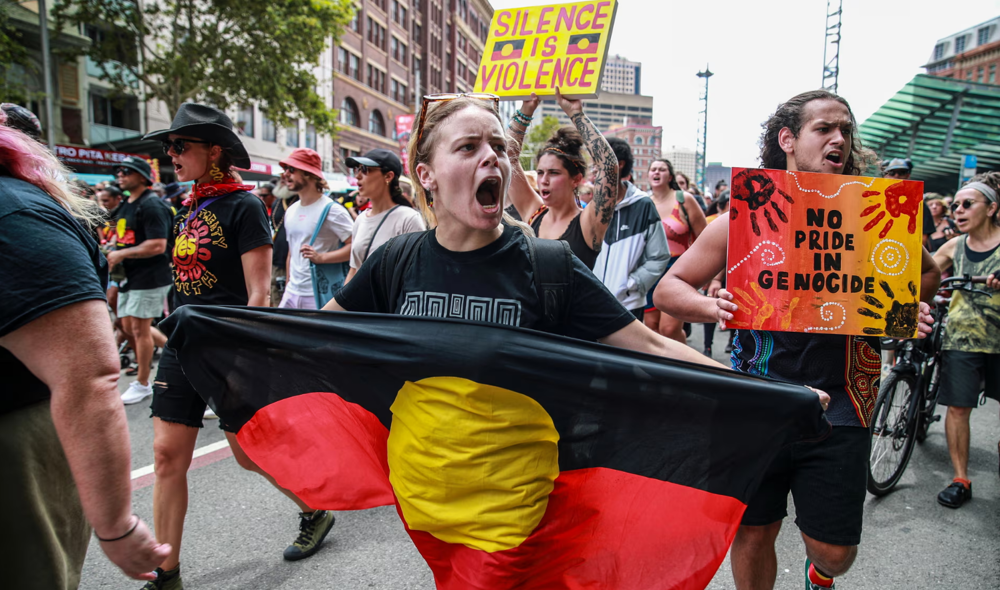Australia wants asylum seekers to leave voluntarily by offering money
Australia is offering money to the asylum seekers it has been holding in off-shore detention camps to persuade them to return home voluntarily, as difficulties associated with the refugees and the camps reportedly mount.
Australian officials have been offering “substantial assistance packages” to the refugees that Australia has been keeping in detention on Papua New Guinea (PNG)’s Manus Island and the tiny island nation of Nauru.
“Substantial assistance packages are available to help non-refugees depart voluntarily, return home, and re-establish their lives in their home country,” Australia’s Immigration Department said on Wednesday.
Canberra blocks the asylum seekers who have been seeking to reach Australian land irregularly by sea. It has been intercepting vessels carrying the would-be-refugees and diverting them to the off-shore detention camps. The Australian government has made clear that it would not take such individuals in as refugees.
But the individuals can apply for asylum in the PNG or Nauru and live there if their applications are accepted by the two countries.
The Australian Immigration Department further said on Wednesday that those individuals who refuse to leave on their own will be deported.
“Where non-refugees refuse to depart voluntarily, the government of PNG has indicated that it will enforce the removal of those individuals, in accordance with normal international practice,” it said.
The department did not explain why the PNG government would act to forcefully remove the asylum seekers held in the camps, which are run by Australia.
According to reports, nearly a dozen Bangladeshi and Nepalese asylum seekers on Manus Island have been made repeated calls to meet with Australian officials to receive amounts of money and leave of their own accord or face deportation.

A number of individuals who have already been disqualified for refugee status by PNG have received deportation notices.
Australia is reportedly facing increased financial pressure to maintain and run the detention camps. While it does not reveal the expenses, the United Nations Children Fund (UNICEF) and the Save the Children activist group estimated in 2016 that the detention policy had cost Canberra 7.7 billion dollars over the previous three years.
Furthermore, a deal that Australia has signed with the previous United States administration to resettle some of the detainees faces enforcement uncertainties. US President Donald Trump recently told Australia’s Prime Minister Malcolm Turnbull that Canberra would be sending the “next Boston bombers” to the US under the deal, indicating that the refugees could be potential terrorists.
Recently, Germany, which faces a refugee crisis of its own, said it would offer cash handouts to the 1.2 million migrants in German territory to have them leave voluntarily.

US, Japan, S Korea renew calls for ‘complete denuclearisation’ of North Korea

Indigenous rights activists rally on Australia Day to protest British colonization legacy

Colonialist’s monument toppled in Melbourne ahead of Australia Day
Houthi: Yemen ready to attack Israel if Gaza ceasefire breaks down
VIDEO | Lost classrooms, lost childhoods: Jenin’s children struggle for education
VIDEO | Palestinians ramain steadfast despite Israel’s onslaught
VIDEO | Press TV's news headlines
Iran ready to strengthen ties with UAE based on ‘mutual interests’: Deputy FM
VIDEO | A slap in the face of imperialism
Iran remains steadfast in its ‘principled positions,’ says Foreign Ministry
VIDEO | Holding on to hope: Gazans welcome Ramadan despite hardship







 This makes it easy to access the Press TV website
This makes it easy to access the Press TV website